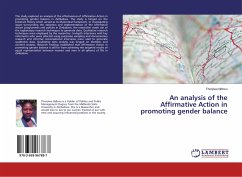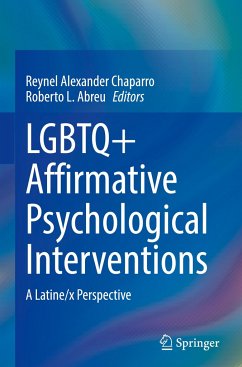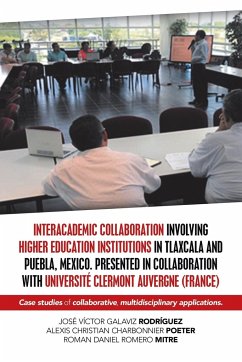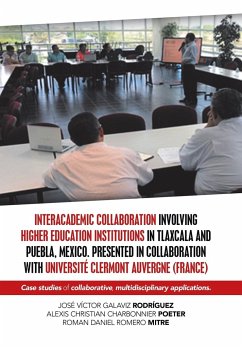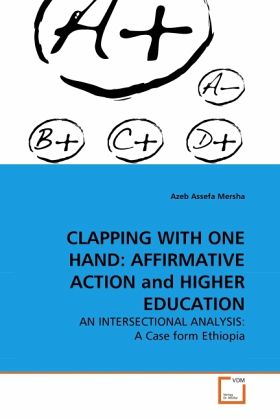
CLAPPING WITH ONE HAND: AFFIRMATIVE ACTION and HIGHER EDUCATION
AN INTERSECTIONAL ANALYSIS: A Case form Ethiopia
Versandkostenfrei!
Versandfertig in 6-10 Tagen
32,99 €
inkl. MwSt.

PAYBACK Punkte
16 °P sammeln!
For more than three decades, gender equality in education remains significant theoretical and policy debate in the discourse of social justice. Although a number of social power relations shape the schooling experiences of girls, patriarchic lens has remained the dominant tool of analysis for social and institutional arrangements. This book analyzes how the intersection of gender with social-class, spatial location and sexuality shape the experiences of girls admitted in higher education through affirmative action in Ethiopia. This is accomplished by applying the concept of intersectionality a...
For more than three decades, gender equality in education remains significant theoretical and policy debate in the discourse of social justice. Although a number of social power relations shape the schooling experiences of girls, patriarchic lens has remained the dominant tool of analysis for social and institutional arrangements. This book analyzes how the intersection of gender with social-class, spatial location and sexuality shape the experiences of girls admitted in higher education through affirmative action in Ethiopia. This is accomplished by applying the concept of intersectionality as analytical tool. Through a critical analysis of the social and institutional arrangements, the book uncovers how the misrecognition of multiple and intersectional experiences produces chains of discriminations for girls who are at the junction point of the interactions. Furthermore, by highlighting the contextual weaknesses of affirmative action, the book suggests an alternative third space the notion of complementing affirmative and transformative strategies.




